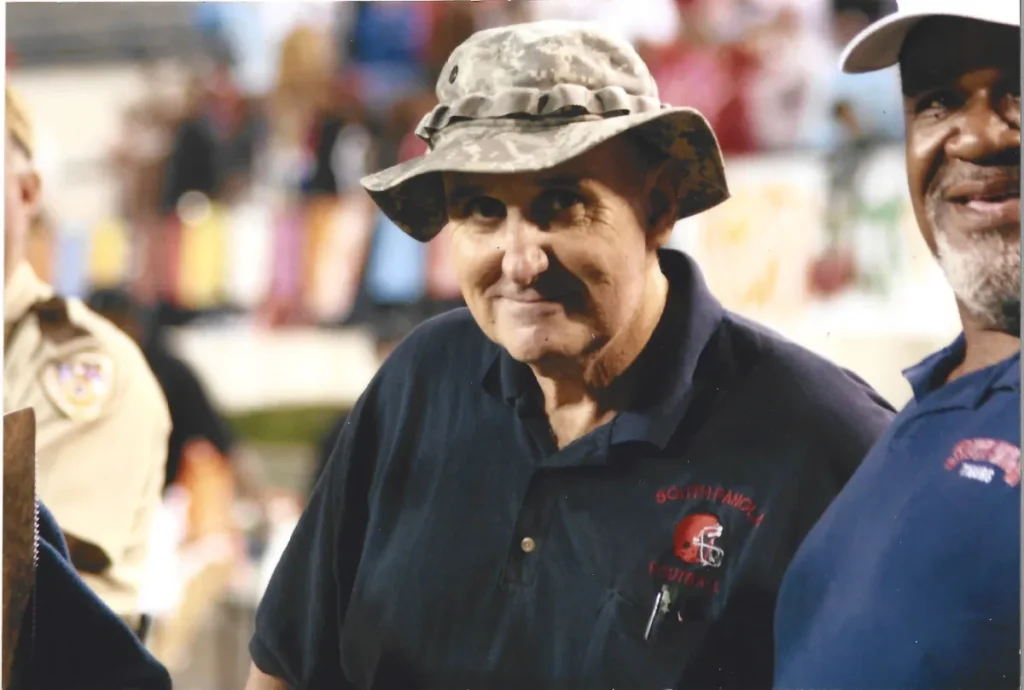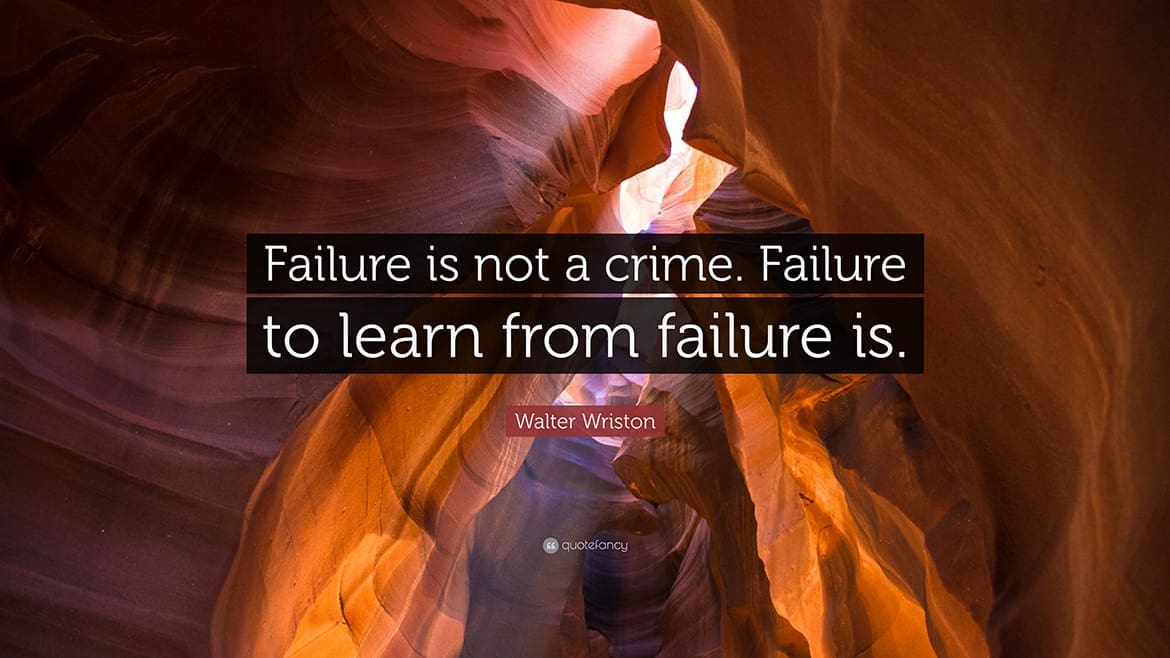Before beginning my career in education as a teacher, coach, and administrator, I spent my first 3 years out of college working for The Fellowship of Christian Athletes. A main part of my job was to travel across a five-county area in northwest Mississippi and develop relationships with coaches and administrators. Over those three years, I gained an invaluable wealth of insight from the people I visited with. One conversation led me to begin my career as a teacher, but if there’s one meeting that sticks out among all the rest, it would have to be the time I visited Coach Willis Wright, when he told me about how to factor in failure.
How “Bad” Can Lead to “Better”
At the time, Coach Wright had the highest winning percentage of any football coach in the state who had coached at least 200 games (check his stats). Coach Wright had won multiple state championships and was then serving as an assistant on a team that was in the middle of a dynasty. So, on a muggy Mississippi day, I sat down with Coach Wright and asked, “Coach, how’d you get so good?” Without missing a beat, one of the most successful people I’d ever met looked at me and said, “From being so bad.”

Coach Wright went on to tell me how early in his career he’d witnessed leadership styles and that just plain didn’t work in the situation. He told me he made mental notes on his observations and vowed to factor in failure when he got his chance to be be the decision maker. When he became a head coach, he implemented what he’d learned while incorporating the feedback of those he led and became one of the greatest in the game. How? By knowing there’s always something to learn from others.
Welcoming feedback from those you lead, good and bad, allows you to address the issues that inhibit success while celebrating the factors that led to victory in your current situation. In doing so, Coach Wright created a culture of continuous improvement and excellence wherever he went. This concept of success from shortcomings is what led to Coach Wright’s many accolades (that he’ll never really take credit for except for crappie fishing), and it was a major part of my development as an educator.
As a teacher I failed many times with ideas, activities, and procedures, but I learned from this and grew. I also took note of the failures and successes of my leaders and employed what I learned when I moved out of the classroom and into the office. As an administrator, I valued the honest feedback I received from staff, students, and supervisors and acted upon this to become a better leader for my school.
“Failure is not a crime. Failure to learn from failure is.”
Walter Wriston
In my current role at LoopSpire, I’ve worked with our developers to create an application that allows school district personnel to employ these same strategies at every level of their organization. Addressing inhibiting factors and celebrating those that lead to success results in legitimate continuous improvement and provides every staff member (especially administrators) the tools they need to grow no matter where they are in their career.
Being real about your organization’s successes and failures leads to authentic conversations with your staff and creates a culture of mutual accountability where employees AND supervisors feel challenged to grow and supported along the way. If you’d like to know more about how LoopSpire can be implemented in your district or campus to promote genuine continuous improvement, request a demo.


